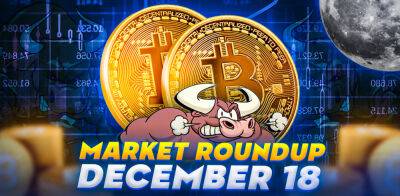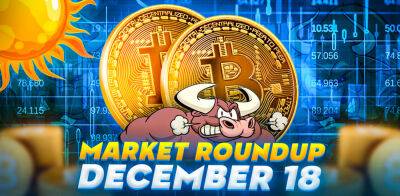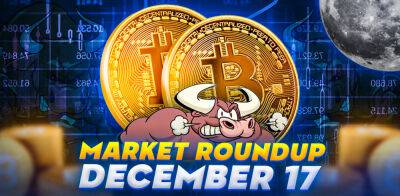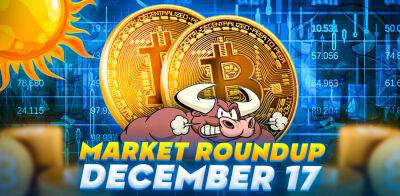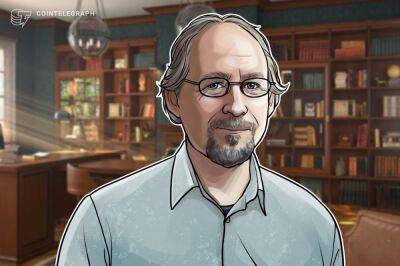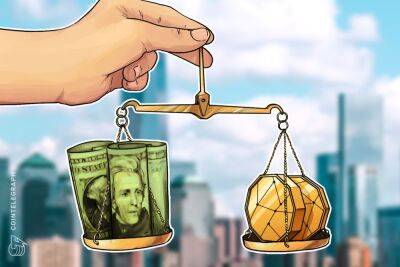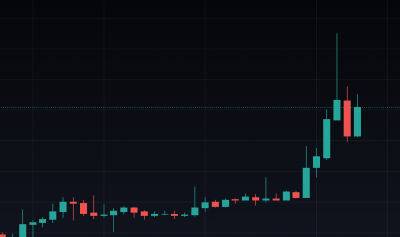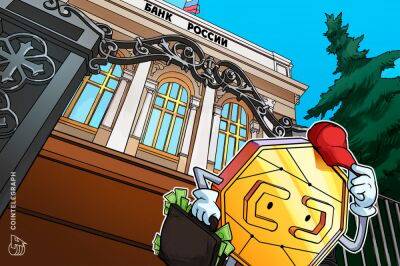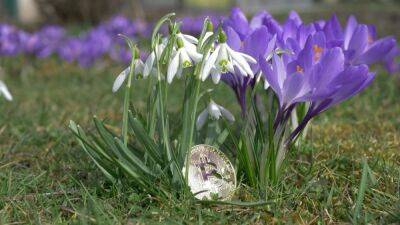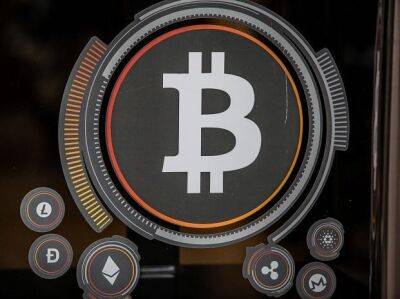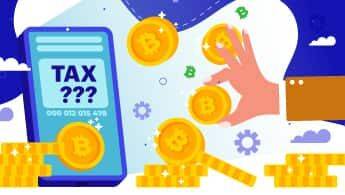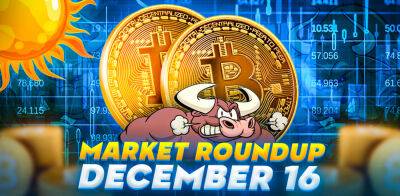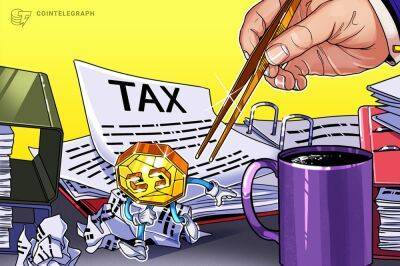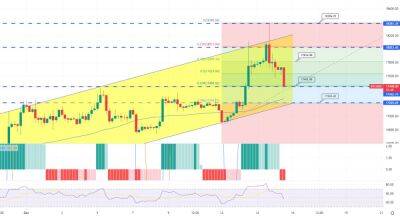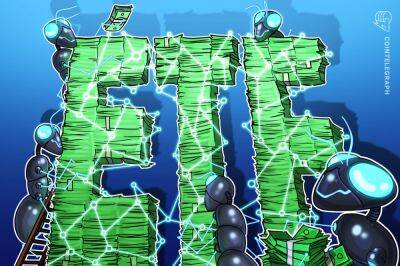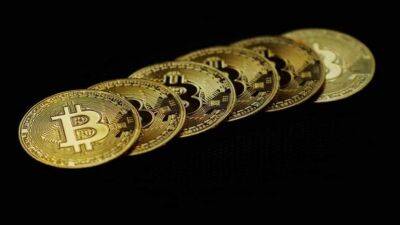How history repeated itself in crypto’s fall
The nation then too late will find,
Computing all their cost and trouble,
Directors’ promises but wind,
South Sea at best a mighty bubble.
— Jonathan Swift, The Bubble.
The crypto bubble ran out of steam during the course of this year. While it was inflating, those who benefitted made it look like the next big thing for the human kind. But now that it has burst, like is the case with every bubble that bursts, this time wasn’t any different.
The word ‘bubble’ in this day and age is used to describe a situation in which the price of an asset, financial or otherwise—like say real estate—is off the charts and doesn’t reflect the fundamental factors as they prevail. Interestingly, the word didn’t always mean what it currently does. William Quinn and John Turner make this point in Boom and Bust—A Global History of Financial Bubbles: “The word ‘bubble’, in its present spelling, appears to have originated with William Shakespeare at the beginning of the 17th century. In the famous ‘All the world’s a stage’ speech from his comedy As You Like It, he uses the word bubble as an adjective meaning fragile, empty or worthless, just like a soap bubble."
This was followed with the word being used as a verb, meaning ‘to deceive’. The current meaning of the word came into the picture only in the early 18th century. As Quinn and Turner write: “The application of the term to financial markets began in 1719 with writers such as Daniel Defoe and Jonathan Swift, who viewed many of the new companies being incorporated as not only worthless and empty, but deceptive."
In fact, Defoe was perhaps the world’s first investigative financial journalist and is said to have reported extensively on the South Sea bubble of 1720.
Structurally, there is a
Read more on livemint.com
